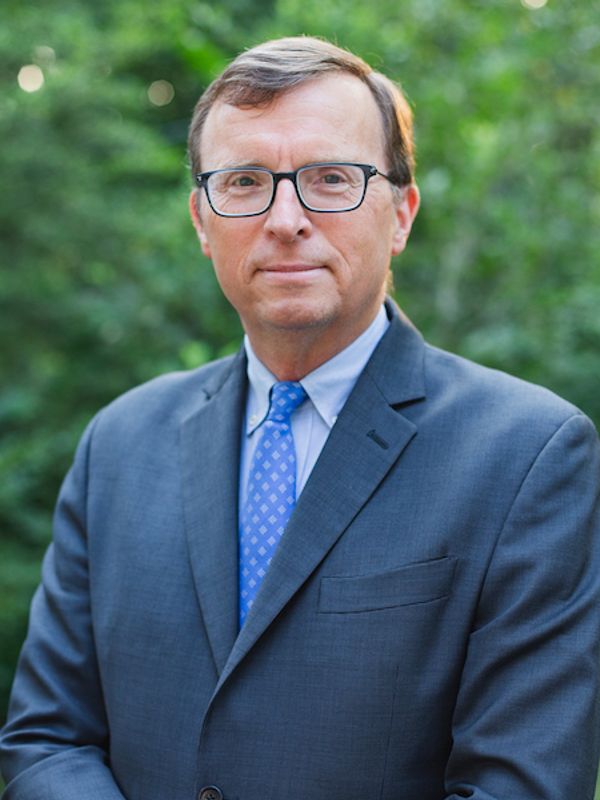
Michael Nelson (he/him)
Senior Fellow, Asia Program, Carnegie Endowment for International Peace
Mike Nelson is a senior fellow in the Carnegie Asia Program. He helps decisionmakers understand and address the impacts of emerging technologies, such as digital technologies, biotechnology, and machine learning. Prior to joining Carnegie, he started the global public policy office for Cloudflare, , a startup that has improved the performance and security of more than 10 million websites around the world. Nelson has also served as a principal technology policy strategist in Microsoft’s Technology Policy Group and before that was a senior technology and telecommunications analyst with Bloomberg Government. In addition, Nelson has been taught courses on the future of the internet, cyberpolicy, technology policy, innovation policy, and e-government in the Communication, Culture, and Technology Program at Georgetown University.
Before joining the Georgetown faculty, Nelson was director of internet technology and strategy at IBM, where he managed a team helping define and implement IBM’s next generation internet strategy. He serves as a trustee of the Institute for International Communications and was selected to be a “Global Leader of Tomorrow” by the World Economic Forum. From 1988 to 1993, he served as a professional staff member for the Senate’s Subcommittee on Science, Technology, and Space and was the lead Senate staffer for the High-Performance Computing Act. In 1993, he joined Vice President Al Gore at the White House and worked with President Bill Clinton’s science adviser on issues relating to the Global Information Infrastructure, including telecommunications policy, information technology, encryption, electronic commerce, and information policy.